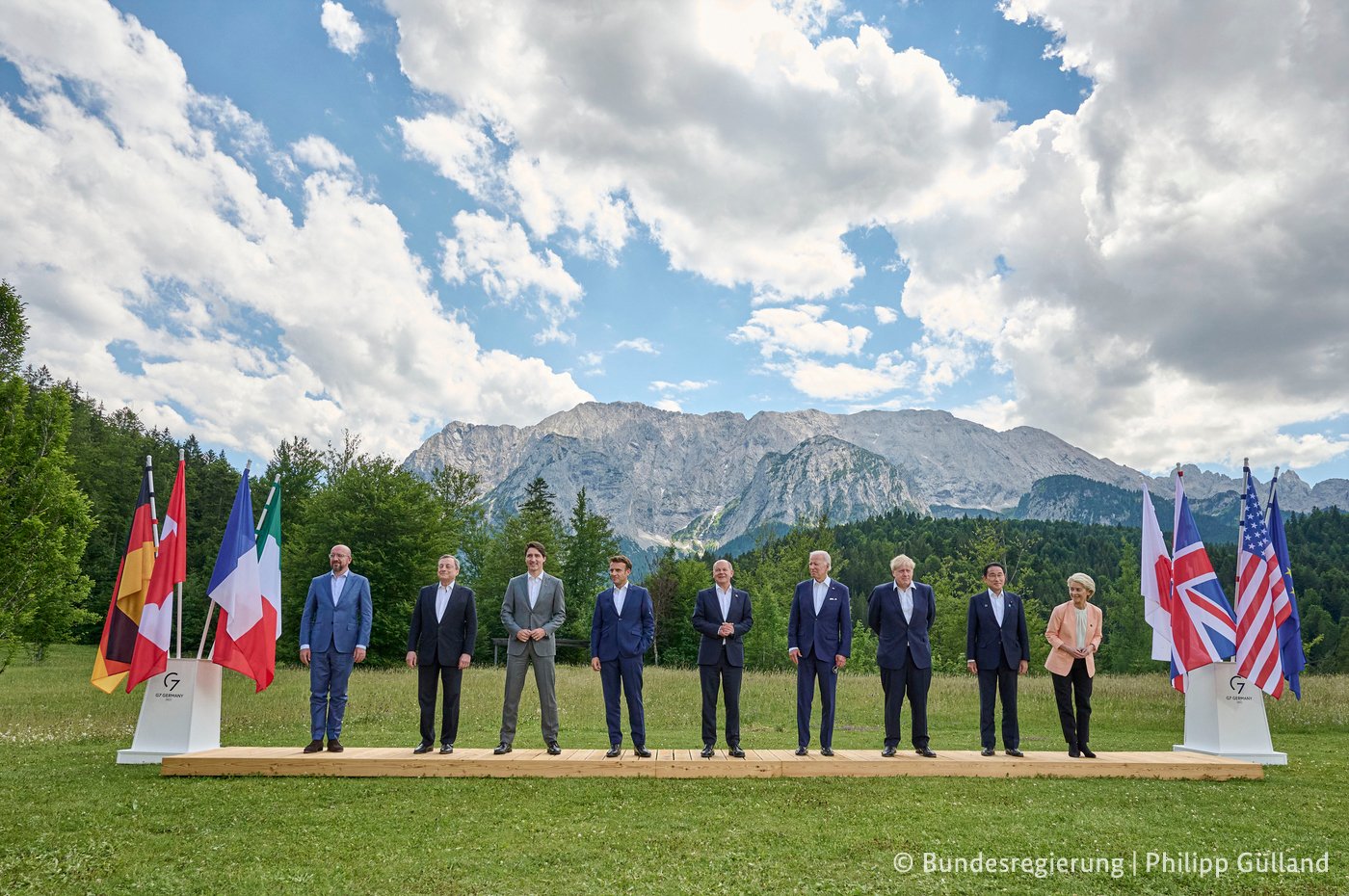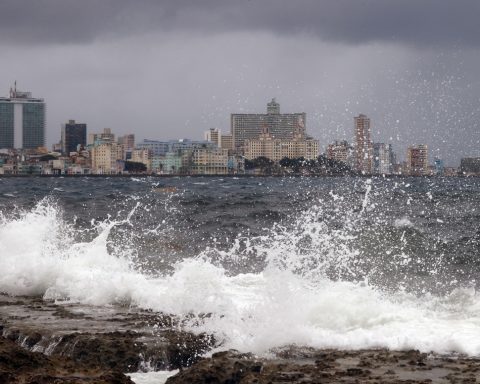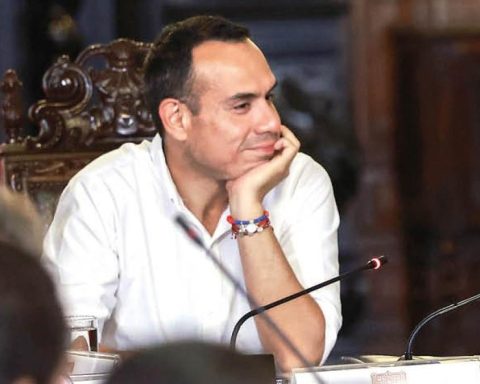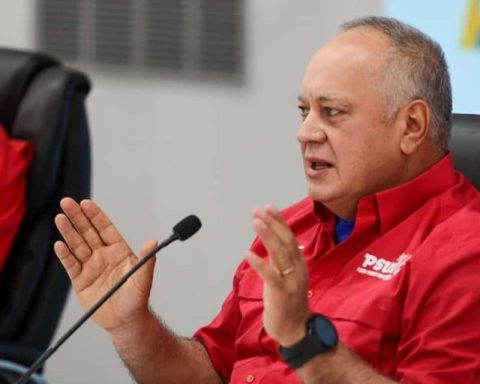The president of United States, Joe Biden, announced this Sunday a project to materialize a submarine fiber optic cable that connects Western Europe with Asia. international agencies like Eph They consider it one of the star projects of the great infrastructure plan launched by the G7 against China.
The cable will be 17,000 kilometers long and will provide a high-speed connection from Singapore to France via Egypt and the Horn of Africa. Biden, according to the Spanish agency, explained at a press conference with the G7 leaders meeting in Elmau (Germany) that his government has supported “the successful offer of the US company SubCom for a 600 million dollar contract to build a cable global telecommunications submarine.
Today, the nations of the G7 launched the Partnership for Global Infrastructure and Investment.
Collectively, we aim to mobilize nearly $600 billion from the G7 by 2027 to invest in critical infrastructure that improves lives and delivers real gains for all of our people.
— President Biden (@POTUS) June 26, 2022
The submarine cable is one of the main projects of the “Collaboration for Global Infrastructure and Investment” initiative, promoted by Washington and announced this Sunday at the G7 summit to counter China’s advance.
The G7 intends to allocate 600 billion dollars to this great infrastructure plan in low- and middle-income countries, of which 200 billion dollars will be provided by the US through public and private funds over the next five years, Biden said according to the source.
The US president pointed out that investments in infrastructure are “crucial” for sustainable development and to achieve “global stability” and added that developing countries often do not have the infrastructure to help them alleviate crises such as the pandemic, “for who feel the impact more strongly and have a harder time recovering in a deeply connected world.”
Biden highlighted that the plan focuses on areas such as health and health security, digital connectivity, gender equality, climate and energy security. Within the framework of the initiative, the US wants to mobilize 335 million dollars in investments to provide Internet and financial technology to countries in Africa, Asia and Latin America.
In addition, the White House has announced that together with the US company NuScale Power it will provide 14 million to support a project in Romania for the construction of the first nuclear plant with a small modular reactor, that is, with less generation capacity than those of power traditional. It will also earmark funds for various initiatives in Africa.
In general terms, among the pillars of the plan are the fight against the climate crisis and the improvement of energy security with investments in infrastructure with low emissions, battery manufacturing plants and the development of clean energy.
They demand greater efforts from the G7 to ensure vaccination in developing countries
In the technological field, it contemplates the development and expansion of communications and information technology by working with “trustworthy providers” that provide 5G and 6G, the White House said in a statement. It also includes investments in health systems, vaccines and medical equipment, as well as in the surveillance and detection of new diseases, which includes “safe laboratories” and the prevention of future pandemics.
The infrastructure macroplan was proposed by Biden at last year’s G7 summit, which took place in the United Kingdom. The initiative seeks to be an alternative to the Chinese “One Belt, One Road” project, which aims to revitalize the so-called Silk Road by modernizing infrastructure and telecommunications to improve connectivity between Asia and Europe, refers Eph.
With information from Eph.
















